The Ministry of Education in Kenya has received an additional Sh28 billion for the Financial Year 2024/25, bringing the total allocation to Sh656.6 billion. Key focuses include Sh358.2 billion for the Teachers Service Commission, Sh13.4 billion to convert 46,000 intern teachers to permanent positions, and Sh1.3 billion for Competency-Based Curriculum training. Substantial funds are also allocated for basic and higher education, infrastructure development, and vocational training, though the school feeding program was notably omitted from the budget.
Nairobi, June 15, 2024 - In a significant move to bolster Kenya's education sector, the Ministry of Education has been granted an additional Sh28 billion in budgetary allocations for the Financial Year 2024/25. Treasury Cabinet Secretary Njuguna Ndung'u, while unveiling the proposed budget, highlighted a total allocation of Sh656.6 billion to the education sector, marking a notable increase from last year's Sh628.6 billion.
One of the key focus areas of this increased budget is the Teachers Service Commission (TSC), which is set to receive Sh358.2 billion. A significant portion of this amount, Sh13.4 billion, has been earmarked for converting 46,000 Junior Secondary School intern teachers to permanent and pensionable terms, addressing long-standing issues of job security and stability for educators.
In addition to improving teacher employment conditions, the budget also places emphasis on enhancing the Competency-Based Curriculum (CBC). Ndung'u proposed Sh1.3 billion for the training of teachers to effectively implement the CBC, reflecting the government's commitment to educational reforms that focus on developing students' skills and competencies.
Basic education remains a priority, with an allocation of Sh142.3 billion. Free Primary Education will receive Sh9.1 billion, and Sh61.9 billion has been set aside for Free Day Secondary Education. Junior Secondary Schools are to benefit from Sh30.7 billion for capitation, ensuring that operational costs are covered and that education remains accessible.
The Kenya National Examination Council (KNEC) is proposed to receive Sh5 billion for examination waivers, ensuring that financial barriers do not hinder students' ability to sit for exams. Additionally, Sh3.2 billion has been allocated for infrastructure development in primary and secondary schools, aimed at improving the learning environment.
Higher education and research also see substantial support, with Sh128 billion proposed. TVET institutions are set to receive Sh30.7 billion, reflecting the government's commitment to vocational training. Moreover, Sh1 billion has been allocated for constructing Junior Secondary School classrooms, and Sh2.3 billion for TVET construction and training materials.
The Higher Education Loans Board (HELB) is allocated Sh35.9 billion to support university and TVET students, alongside Sh16.9 billion for university scholarships and Sh7.7 billion for TVET capitation and scholarships. An additional Sh1.1 billion is proposed for Research, Science, and Technology Innovation, and Sh1.8 billion for integrated resource centers for learning.
For the Digital Literacy Program and ICT integration in Secondary Schools, Ndung'u proposed Sh360 million. Moreover, the Kenya Primary Education Equity in Learning program is allocated Sh11.1 billion, while the Kenya Secondary Schools Quality Improvement project is set to receive Sh1.5 billion.
While the comprehensive budget touches on various critical aspects of education, it is noteworthy that the school feeding program was not mentioned, leaving stakeholders to ponder its future amidst these new allocations. This omission could spark discussions about the holistic support needed for students, particularly those from vulnerable backgrounds.
In summary, the 2024/25 budget for the Ministry of Education signifies a robust investment in teacher stability, curriculum reform, and infrastructure development, laying the groundwork for a strengthened educational framework in Kenya.
.png)

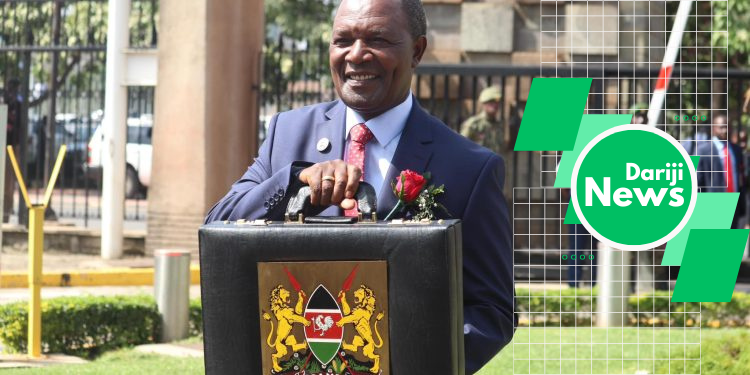




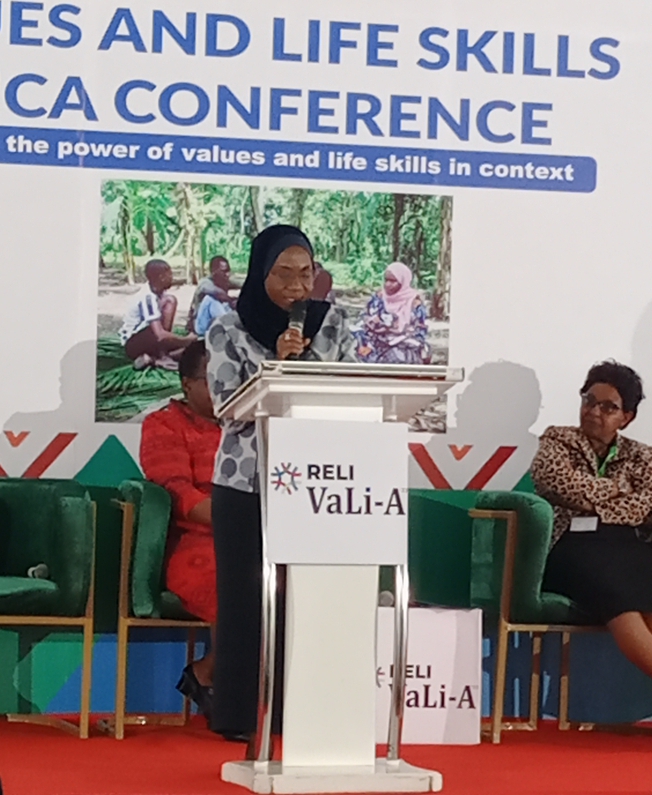


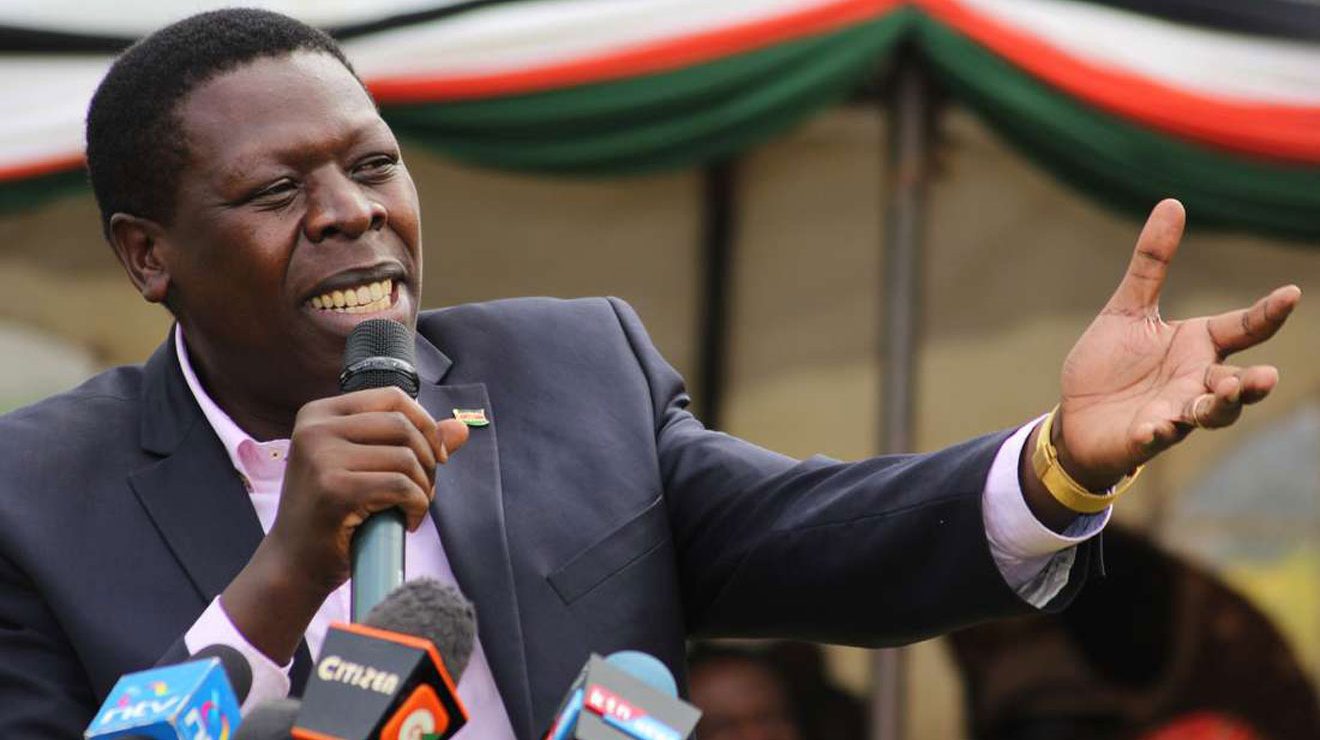
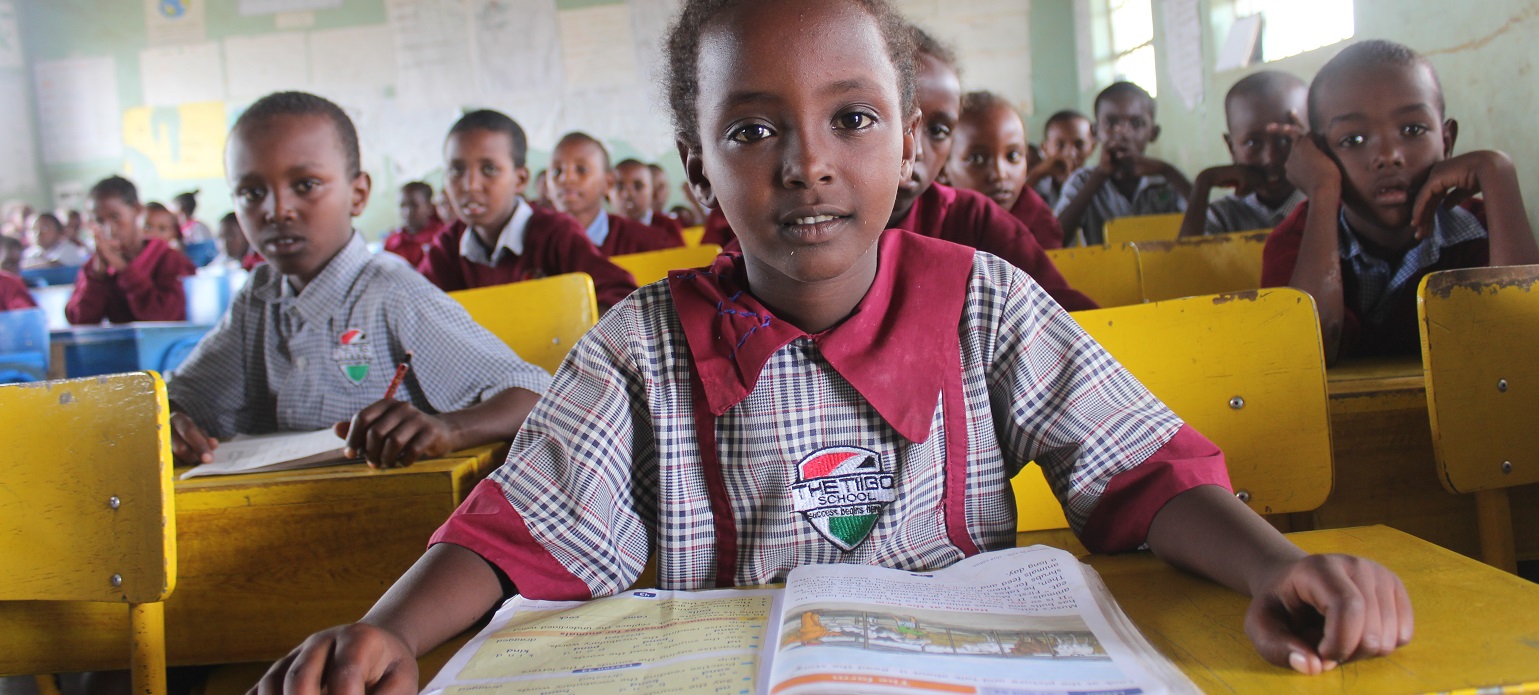
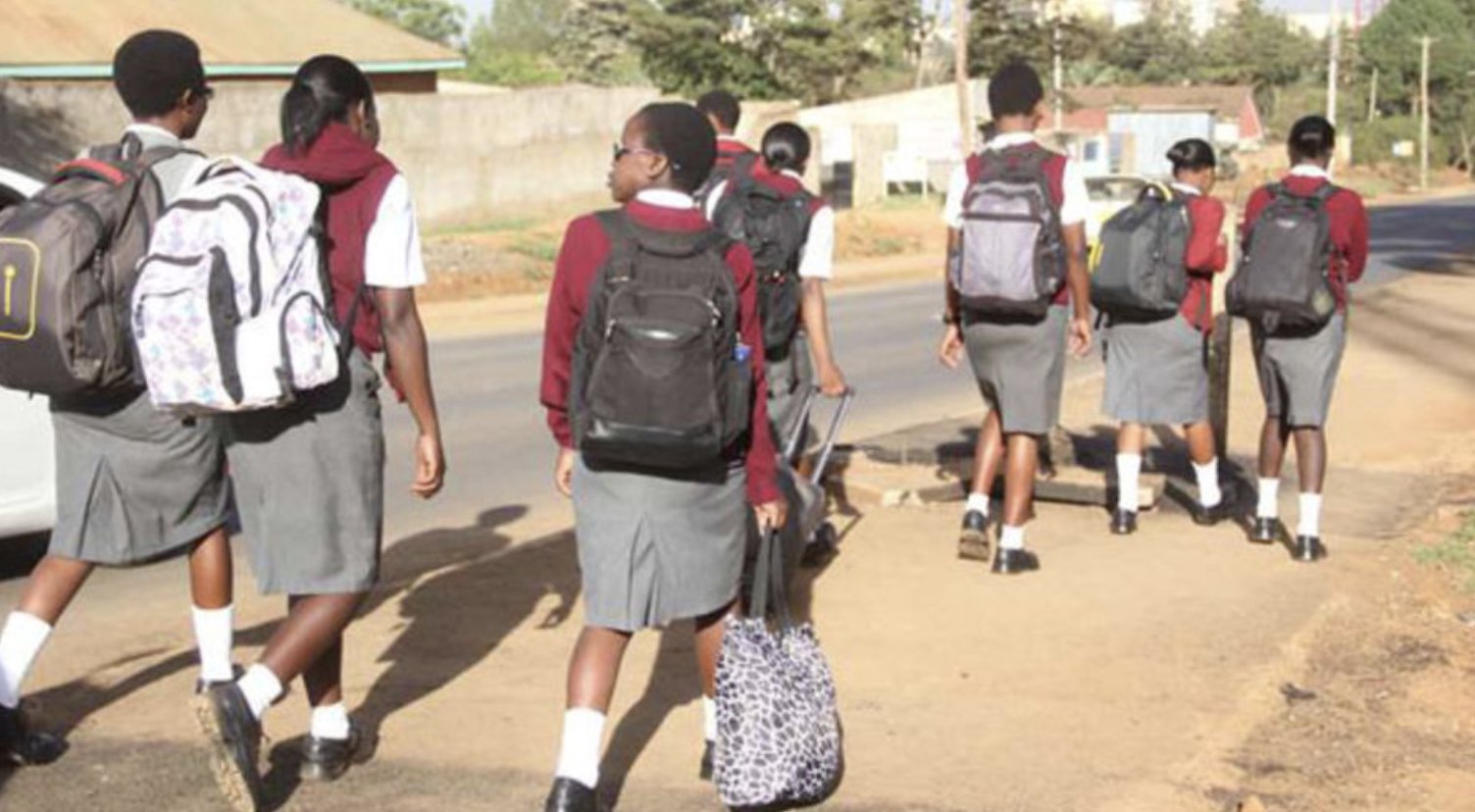
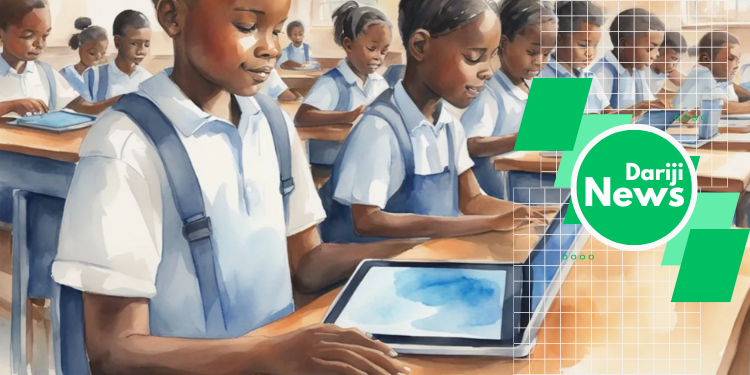

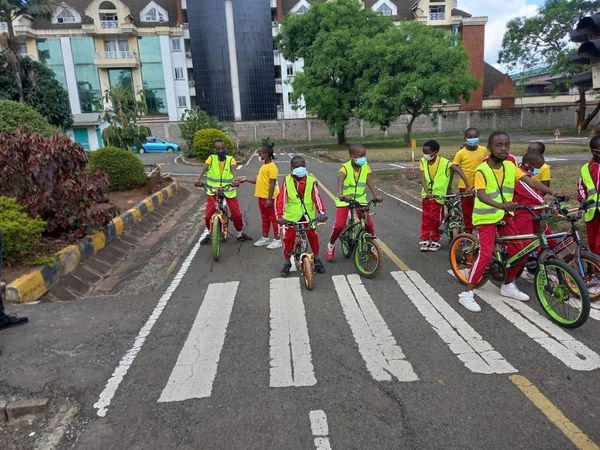
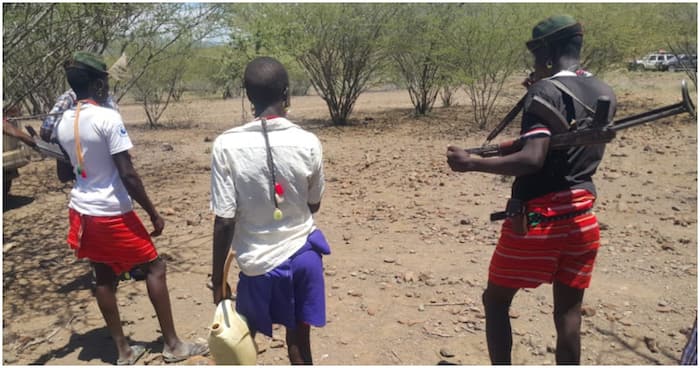

Comments 0